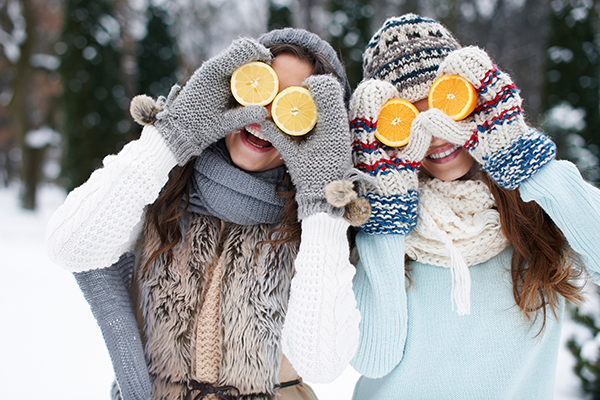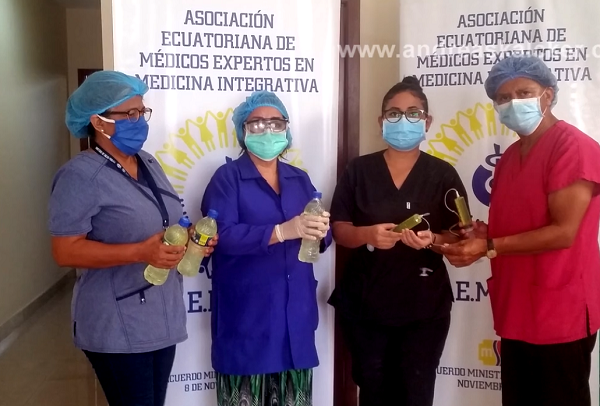
According to a study, having dogs as pets can also offer an unusual but important health benefit: They can help reduce the risk of childhood food allergies.
Japanese scientists who conducted the study reported that children who were exposed to a pet while still young were 15 percent less likely to develop a food allergy.
Even having a pet around a pregnant woman can help reduce food allergy likelihood because the benefits begin in the womb.
Details of the study were published in the journal PLOS One.
One in 10 young children suffers from food allergies, and increasing numbers of allergies continue to overwhelm doctors. Researchers who conducted that study hope their findings can be used to address these health issues.
Exposure to pets linked to reduced risk of food allergies in children
Data from the study revealed that children who grew up with dogs were less likely to be allergic to eggs, nuts and milk.
Cats also helped reduce a child's risk of egg, soybean and wheat allergies.
Dr. Hisao Okabe, the study's lead author from Fukushima Medical University in Japan, explained that continued dog and cat exposure "from fetal development to infancy was estimated to reduce the incidence risk of food allergies."
The research team analyzed data from more than 65,000 infants from Japan that were tracked until they were three years old. (Related: Study reveals dogs can recognize their owner by voice alone.)
The prevalence of food allergy was assessed using a parent-reported doctor's diagnosis.
The "hygiene hypothesis" suggests that pet exposure is effective in preventing allergic disease. Other studies have also confirmed the beneficial effects of dog exposure during fetal development or early infancy on food allergy.
Okabe added that they conducted the study to learn more about the effect of exposure to various species of pets on food allergy risk.
The hygiene hypothesis
A leading theory behind the rise in recorded cases of allergies is the hygiene hypothesis.
Experts think living conditions in most of the world could be too clean. This may have adverse effects since germs train immune systems to tell the difference between irritants that are harmless and those that are harmful.
Researchers think that pet exposure may help protect against food allergies by boosting the microbiome. According to earlier studies, it could increase good bacteria, which helps make children less vulnerable.
Okabe added that the study findings help reduce concerns that keeping pets like cats and dogs can cause children to develop allergic diseases.
"Reducing the incidence of food allergies will significantly reduce childhood mortality from anaphylaxis," explained Okabe.
At least 22 percent of the participants were exposed to pets during the fetal period, most commonly to dogs and cats. Data revealed a significantly reduced incidence of food allergies among children exposed indoors, but there was no significant difference for kids in households with outdoor dogs.
It is interesting to note that the children exposed to hamsters, which was fewer than one percent of the total group, had significantly greater incidences of nut allergies.
The data were self-reported and supplemented by medical record data gathered during the first trimester of pregnancy, at delivery and at the one-month check-up.
The scientists think that the results of their study can be used in future research into the mechanisms behind childhood food allergies.
Incidence of food allergies in children has increased over the past few decades and it has reached over 10 percent in developed countries, said Okabe.
He added that a food allergy is a condition that reduces the quality of life of patients and their families. This kind of allergy also comes with a heavy medical cost and is a major trigger of anaphylaxis, which can sometimes be fatal.
Okabe advised that preventing food allergies in the first place "is a key priority."
But while pet exposure has been suggested to be effective in the prevention of allergic diseases, families in some developed countries like Japan are still concerned about allergies and continue to avoid owning pets.
Once you confirm that no one in the family has any pet allergies, consider getting a cat or dog to help prevent food allergies in young children.
Other benefits of having pets
Children can learn these skills while caring for a pet:
- Social skills – Pets can help "break the ice" in social settings. On outings, dogs can encourage conversations with others and will improve your child’s social skills.
- Loyalty – Pets like dogs are very loyal. They are also a good example of how to treat others, which is important for a growing child to learn.
- Empathy – Children growing up with a pet tend to have more empathy towards animals and other people in general.
- Respect – Pets require gentle touching and learning about boundaries, such as when they are eating and sleeping. This can help children develop respect for others.
- Physical activity – Walking and throwing a ball while playing with pets is great exercise.
- Patience – Sometimes bonding with a pet takes time, and teaching pets tricks and learning good behavior can help your children be more patient.
- Bereavement – When a pet passes away due to old age or an accident, a child will learn about the grieving process.
Watch the video below for tips on how to train a dog.
This video is from the Niface2021 channel on Brighteon.com.
More related stories:
Service dogs help military veterans with PTSD.
Prevent allergies before birth: Taking fish oil while pregnant found to reduce allergies in children.
Sources include:
Please contact us for more information.






















